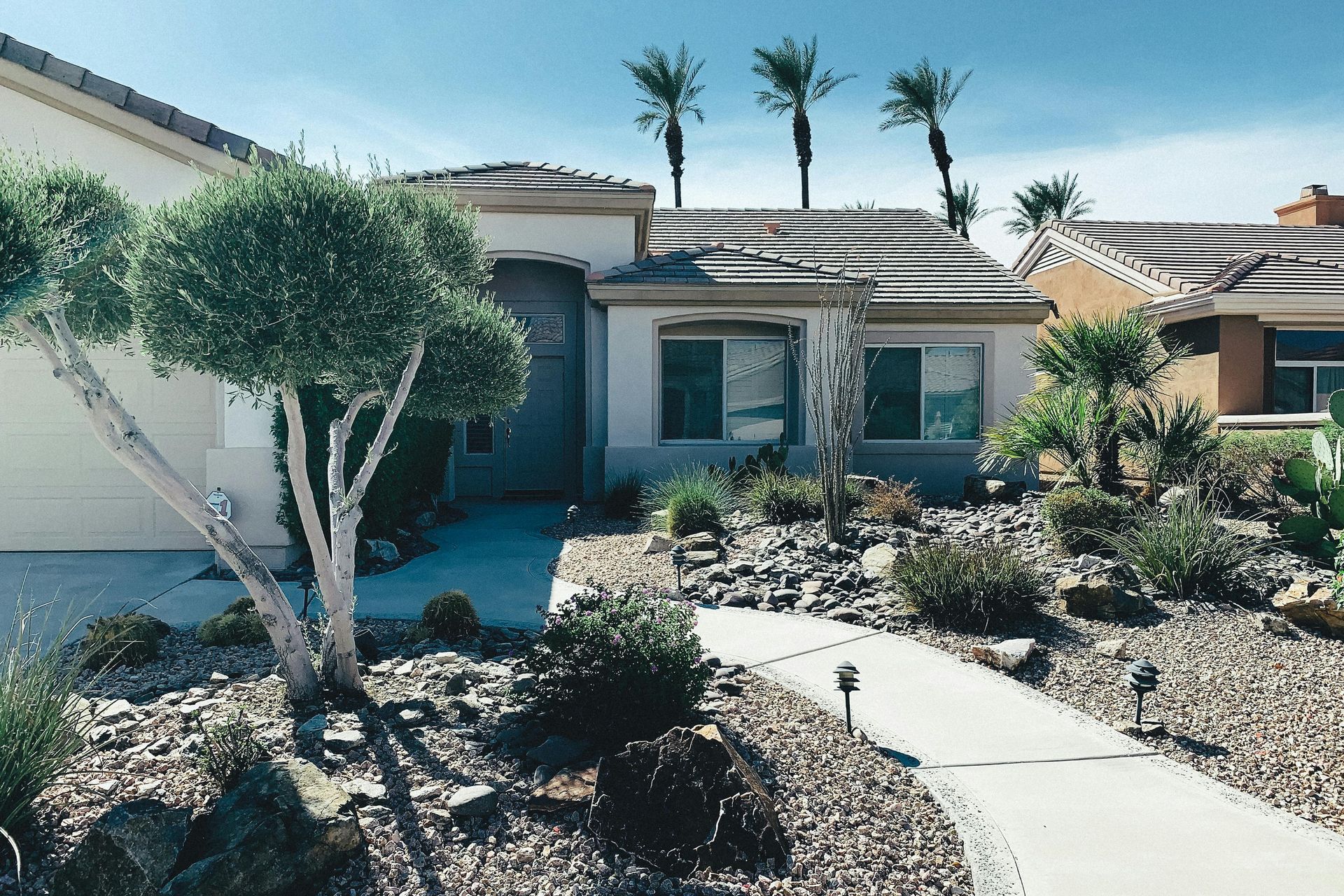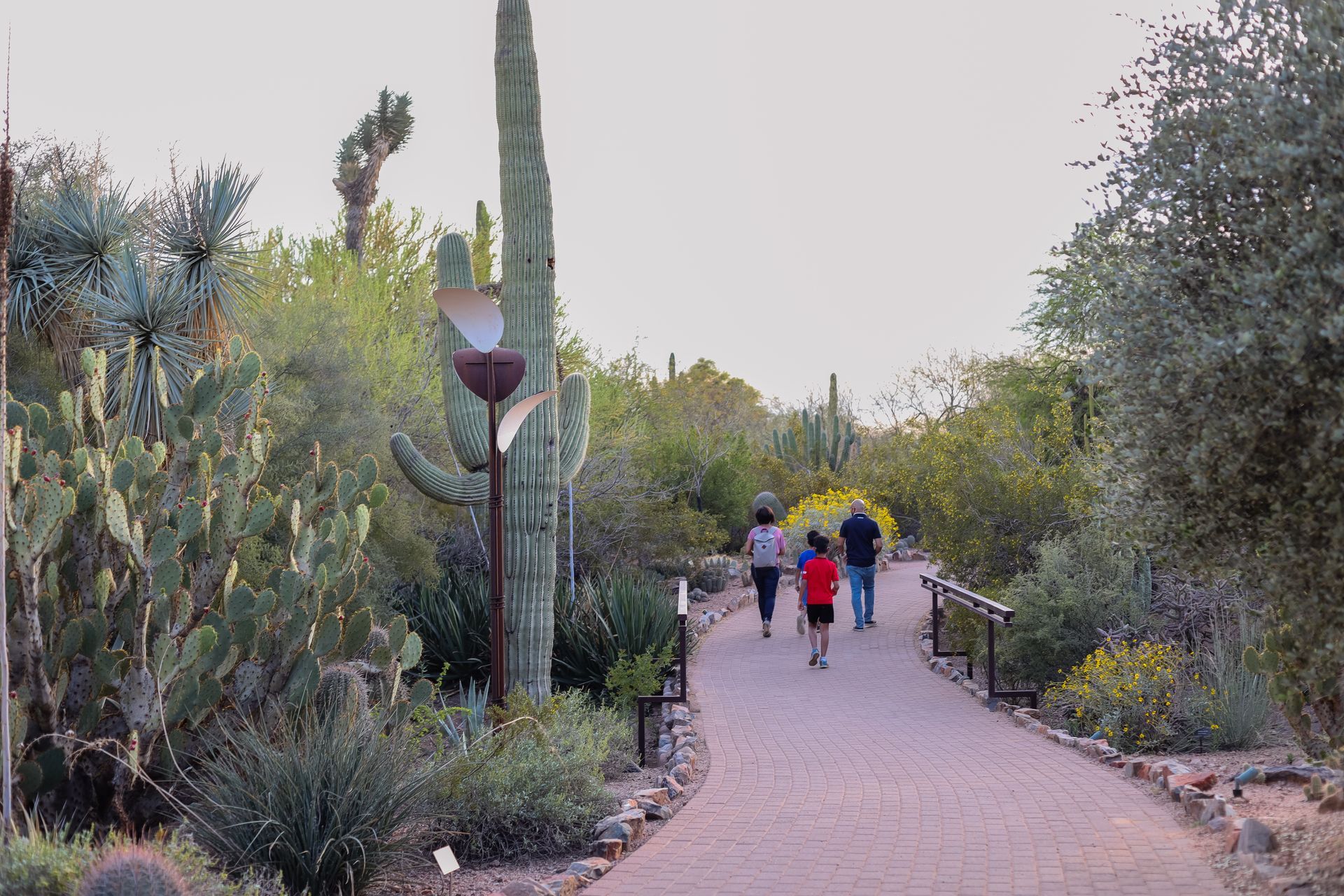Organic Gardening Success in Arizona's Arid Conditions

Organic gardening in Arizona presents a unique set of challenges due to its arid climate and desert conditions. However, with the right approach and a deep understanding of the local environment, cultivating a thriving organic garden is more than just a possibility—it's a gratifying achievement. This guide provides the essential steps to setting up and maintaining an organic garden in this region, from selection of the right organic materials and the crucial importance of soil preparation, to effective pest control methods that align with the rhythms of the desert ecosystem.
Embracing the Desert: Selecting Plants and Organic Materials
The foundation of organic gardening lies in working with nature, not against it. In Arizona, this means choosing native plants that are adapted to the heat, intense sunlight, and water scarcity. These species not only thrive with minimal water but also support local wildlife, promoting biodiversity. Varieties of amaranth, tepary beans, and desert marigold are some examples that flourish here.
When sourcing organic materials, focus on locally produced organic compost, mulch, and fertilizers. These materials are not only more eco-friendly due to reduced transportation emissions, but they're also usually better suited to the local soil composition and plant life. For instance, compost made from local organic matter can help to improve soil structure, increase water retention, and provide essential nutrients.
Soil Preparation: The Key to Organic Gardening
Soil quality is a critical factor in any garden, but it's particularly vital in Arizona's desert where the ground can be hard and low in nutrients. The goal is to transform this challenging starting point into a fertile, moisture-retentive, and life-sustaining habitat. This is achieved by amending the soil with organic compost, aged manure, or worm castings, which enrich the soil and encourage a healthy ecosystem of microorganisms.
Additionally, it is essential to create raised beds or use containers to provide better drainage and reduce soil compaction, allowing roots to grow more freely. This also makes it easier to control the quality of the soil within the beds, tailoring it to the specific needs of the plants.
Water Wisdom: Irrigation in Arid Climates
Efficient water use is a priority in Arizona, and an organic garden requires an irrigation system that is both conservative and effective. Drip irrigation or soaker hoses are ideal as they deliver water directly to the plant roots, minimizing evaporation and maximizing water usage. Mulching around plants further helps to retain soil moisture and regulate soil temperature.
To sync with nature's rhythms, consider collecting rainwater during the brief but intense rainy seasons. This not only conserves municipal water but also provides plants with naturally soft and chemical-free water that they respond well to.
Harmony with the Desert Ecosystem: Natural Pest Control
Pest control in an organic garden should never rely on harsh chemicals, as these can harm the local ecosystem, beneficial insects, and the gardener's health. In the diverse landscape of Arizona, it's possible to employ natural pest control methods. Introducing or encouraging beneficial predators such as ladybugs, praying mantises, and birds helps to keep harmful pest populations in check.
Another effective method is to use physical barriers such as row covers to protect plants from pests. Companion planting can also be a powerful strategy, as certain plant combinations naturally repel pests or attract their natural predators. For example, planting marigolds among vegetables can help deter nematodes and other pests.
Feeding the Garden: Organic Fertilization
Feed the soil, and the soil will feed the plants. In an organic garden, fertilization is about more than just the plants; it's about maintaining a healthy, nutrient-rich ecosystem. Organic fertilizers release nutrients slowly, improving the soil while minimizing the risk of runoff and pollution.
In the Arizona climate, where nutrients can be quickly depleted, regular application of organic fertilizers—such as fish emulsion, seaweed extracts, and compost tea—is crucial. These fertilizers not only feed the plants but also bolster the microorganisms in the soil, which, in turn, support plant growth.
Mulching: A Multitasker in the Organic Garden
Mulch is a multitasking marvel in the organic garden, particularly in the harsh Arizona sun. It moderates soil temperature, reduces water evaporation, suppresses weeds, and as it breaks down, it contributes to the soil's nutrient content. Organic mulches like straw, pine needles, or shredded leaves are ideal because they are locally available and decompose over time, adding to the soil's organic matter.
Planning and Perseverance: The Seasonal Organic Garden
Gardening in Arizona's desert means adapting to the seasonal extremes. Hot summers and mild winters dictate a garden's rhythm, necessitating a strategic approach to planting schedules. Cool-season crops such as lettuce and kale can thrive in the winter months, while heat-tolerant species like peppers and eggplant are suited for summer planting.
Perseverance and flexibility in planting schedules, coupled with regular observation, enable the organic gardener to respond to the ever-changing conditions, practicing a form of active, hands-on stewardship that tunes into the desert's natural cycles.
With an understanding of the unique challenges and possibilities that Arizona presents, organic gardeners can achieve a thriving produce haven. The undertaking requires a commitment to learning and working with the local desert environment to create a sustainable, productive garden that is in harmony with its surroundings. Careful planning, appropriate plant and material selection, soil preparation, water conservation, natural pest management, and organic fertilization form a holistic approach that assures success. This methodology allows gardeners to not only grow food but also to become active participants in the nurturing of their local ecosystem. The result is an organic garden that is as resilient and vibrant as the desert itself.
Embrace organic gardening tailored for the desert and transform your arid space into a verdant, eco-friendly haven. With our guide, you'll master the elements. Don't let the desert intimidate you; unlock the secrets to a bountiful, organic harvest. Contact us today to start your sustainable gardening journey and revel in the beauty and abundance of your Arizona garden!











